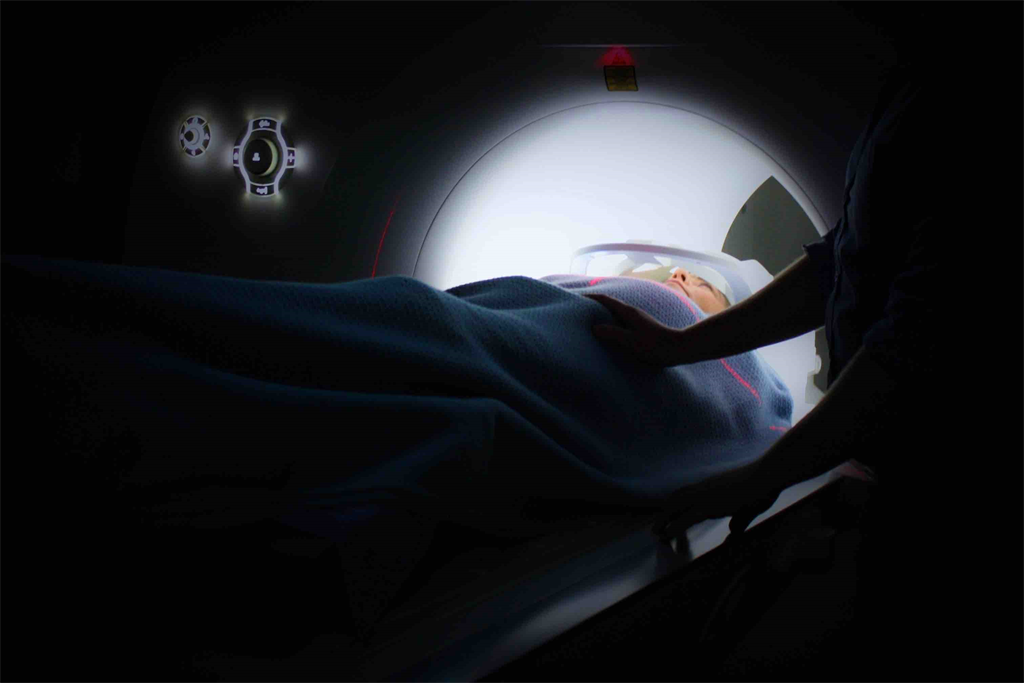Protecting Yourself and Your Family From Brain Injuries
Posted Friday, December 28, 2018 by Chris Thayer
 We have all seen the medical drama unfold on TV: A patient is rushed into the emergency room with a head injury and every doctor and nurse suddenly begins to work to save his life. While these scenes are dramatic, they are not completely exaggerated. Traumatic brain injuries (TBI) are a silent epidemic in Washington and across the United States. TBIs can go unnoticed or undetected until they cause problems that can not be fixed. As such, it is important to be aware of these injuries and know the signs so that you can protect yourself and your loved ones from an injury.
We have all seen the medical drama unfold on TV: A patient is rushed into the emergency room with a head injury and every doctor and nurse suddenly begins to work to save his life. While these scenes are dramatic, they are not completely exaggerated. Traumatic brain injuries (TBI) are a silent epidemic in Washington and across the United States. TBIs can go unnoticed or undetected until they cause problems that can not be fixed. As such, it is important to be aware of these injuries and know the signs so that you can protect yourself and your loved ones from an injury.
According to the Center for Disease Control (CDC), TBIs make up about 30% of all injury related deaths. Across the United States, 153 people per day died from injuries including TBIs. Those who do not die from their injuries are often left with significant effects that can last a day, week, month, year, or even a lifetime. People often misinterpret the signs of a TBI and refrain from seeking medical attention because they think they just have a headache.
*Causes of TBI*There is not one instance that can be blamed for a traumatic brain injury. Generally, though, a TBI is the result of a hit, bump, jolt, or blow that disrupts the normal functions of the brain. The damage can be anywhere from mild to severe. Regardless of the level of severity, it is important to be checked out be a medical professional to determine any effects of the injury.
Not every bump to the head is going to result in a TBI. There are signs that you can look out for that might indicate more than just a bump to the head. There are four categories of signs that can be attributed to a TBI - physical, thinking or remembering, emotional/mood changes, and sleep. Specifically, symptoms can include:
- Difficulty in thinking clearly
- Trouble getting to sleep and staying asleep
- Headaches
- Blurry vision
- Nausea
- Vomiting
- Decreased energy
- Changes to emotions, including increased anxiety, nervousness, irritability, or sadness
The above does not include every symptom that could indicate a TBI, but some of the more common symptoms.
*Dealing with a TBI*If you have a head injury, or suspect a potential head injury, it is important to get checked out by a medical professional as soon as possible. Failure to treat a TBI in a timely fashion could result in permanent changes to your memory and reasoning skills, sight, ability to speak in a clear and communicative fashion, mood changes, or even death. The medical bills that can result from a TBI can be astronomical. If your injury was caused by the actions or negligence of another, you may be entitled to compensation for your injury. The personal injury attorneys at Pivotal Law Group are here to help you recover from your injuries. We know that traumatic brain injuries can be life changing events that come with a substantial financial burden. Our attorneys are dedicated to advocating on your behalf and getting you the compensation appropriate given the circumstances. Do not hesitate to contact us as soon as possible.
(image courtesy of Ken Treloar)
